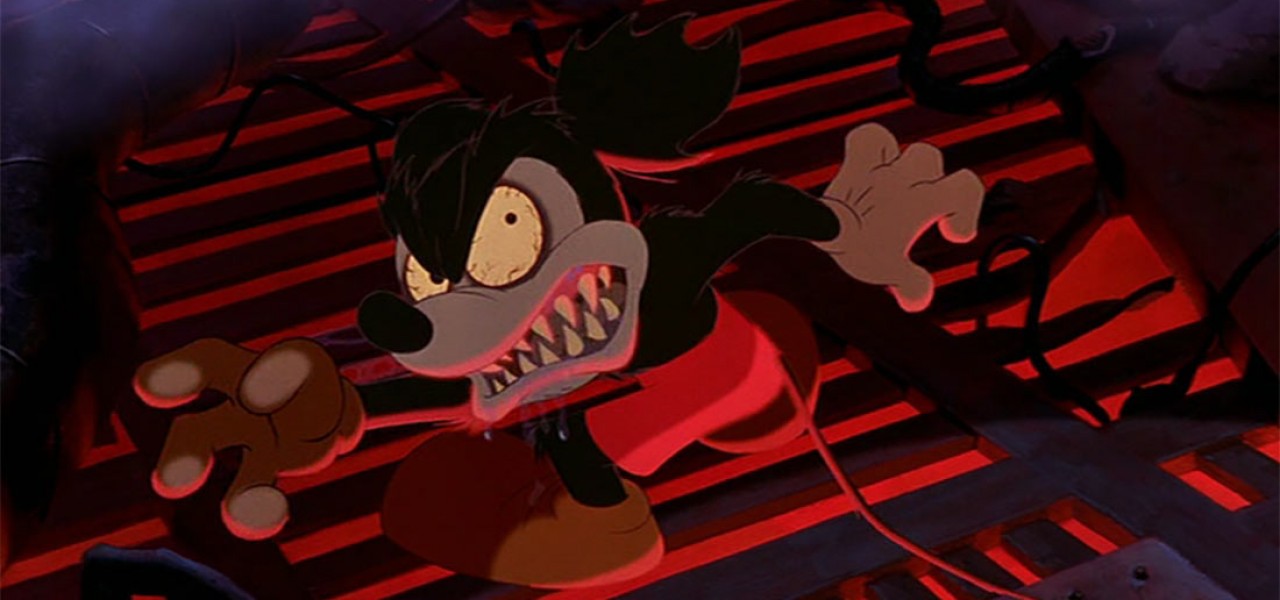

Why Is Disney CEO Bob Iger Asking His Employees For Money?
What do you do in an election year if you’re the Walt Disney Company? If you’re Disney chairman and CEO Bob Iger, you send a letter to company employees asking for their financial support of the Disney political action committee, DisneyPAC.
DisneyPAC supports politicians who advance aggressive legislative protection of intellectual property and the removal of international barriers to the sale of Disney products, particularly in Asia. The letter asks employees to consider “making a contribution” to the PAC — be it a regular payroll deduction or a one-time donation — to allow Disney to more strongly assert its interests in the halls of Washington, D.C. Disney assures that “100% of [employees’] contribution is used in direct support of candidates and political entities” that support Disney company goals.
Although it isn’t unheard of for a corporation to ask its employees to contribute financially to its political efforts, because Disney’s influence on policy is already notorious — the 1998 Copyright Term Extension Act, which added twenty years of additional copyright protection of original works, was known colloquially as the “Mickey Mouse Protection Act” (the Disney icon’s copyright protection was due to expire in 2003 without the new law) — the request strikes some observers as particularly noteworthy. According to OpenSecrets.org, in 2014, DisneyPAC spent nearly $375,000 on lobbying. This year — a presidential election year — Disney has already spent $231,000, only two months in. Disney appears to be gearing up for a significant political lobbying campaign.
In his letter to Disney employees, first leaked to web publisher Ars Technica, Iger references upcoming congressional consideration of further copyright action. With Mickey Mouse again potentially entering the public domain — this time, in 2023 — such congressional action undoubtedly interests Disney. (Worth noting: because Mickey Mouse is also trademarked, certain uses of Mickey’s image would still be infringing, even without copyright protection.)
Since the passage of the 1998 copyright extension, American copyright protection of original works lasts for 95 years from initial “publication.” Because Mickey Mouse made his debut in 1928’s Steamboat Willie, the copyright on the character is scheduled to expire in 2023, 95 years later. Copyright protection bars anyone from using a protected character or work without the permission of the rightholder. Whether Congress will further extend the current copyright term is an open question, but there’s little doubt about Disney’s preference.
In his letter, Iger also makes veiled references to a renewed effort at passing the Stop Online Piracy Act, or SOPA, which died in Congress back in 2012 after a fierce battle between the Hollywood studios and Silicon Valley behemoths including Google and Facebook. That law would have potentially made websites vulnerable to claims of infringement just by linking to other websites with infringing material.
Hollywood’s ardor for such legislation has never waned. Now, Iger says, the Copyright Office is looking at “possible changes to laws governing the accountability of online services and the laws protecting technologies used to secure distribution of digital content.” Digital rights proponents, such as the Electronic Frontier Foundation, argued at the time that SOPA threatened to shut down websites such as Flickr, Etsy, and Vimeo, and Harvard law professor Laurence Tribe warned SOPA would undermine free expression on the web.
Now, it appears Disney is potentially hoping to revive the legislation. But if there is infringing activity on the web, nothing prevents Disney or the other studios from using the current laws to punish transgressors. Why non-offenders should be held accountable for the infringing actions of others remains an open question.
The letter goes on to list recent Disney legislative and court victories, including the passage of the Trans-Pacific Partnership, which lengthens copyright terms for many of the signatory nations; the major studios’ 2014 Supreme Court victory over Internet streaming service Aereo; and Congressional approval of “favorable tax treatment” for certain TV, film, and theatrical productions. Iger also mentions corporate support for veterans’ employment issues, asserting that support for “the men and women who defend our country” is of critical importance to Disney.
Iger is careful to point out that DisneyPAC gives equally to both Democrats and Republicans, and that failure to contribute to the PAC would in no way affect an employee’s job or future at the company.
(Image: Runaway Brain © Walt Disney Company)

.png)